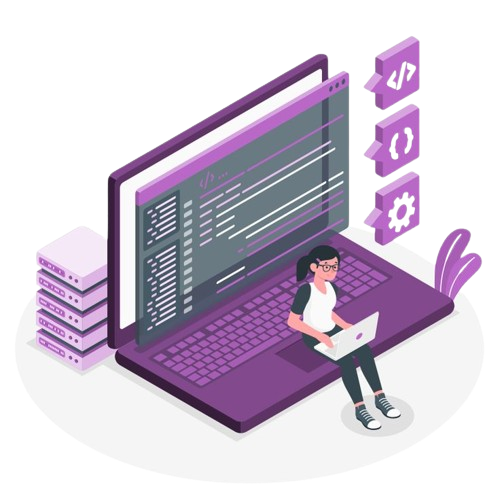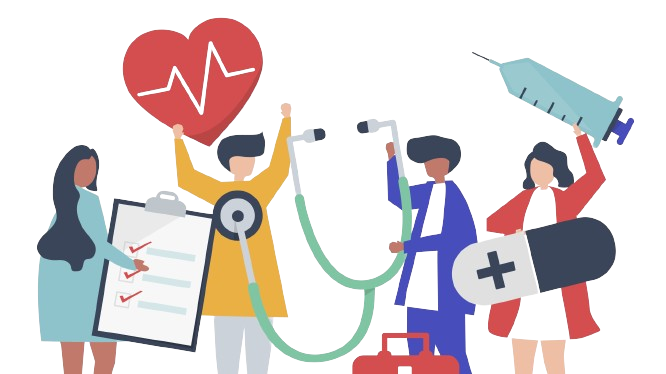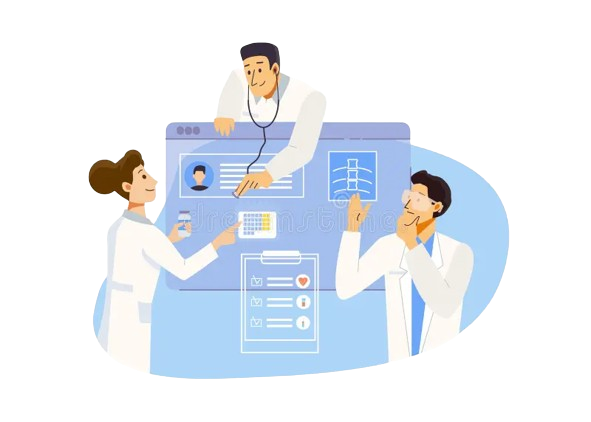What is Medical Coding? Unraveling the Backbone of Healthcare

Medical coding, an indispensable aspect of the healthcare industry, serves as the backbone of medical billing and reimbursement processes. It involves translating medical diagnoses, procedures, treatments, and equipment into universal alphanumeric codes. These codes are crucial for accurately documenting patients’ medical records and ensuring seamless communication between healthcare providers, insurance companies, and government agencies.
Exploring the Historical Journey
The roots of medical coding can be traced back to the early 20th century when hospitals began standardizing records for better organization and analysis. Over time, with the advancements in medical science and technology, the need for a structured coding system became increasingly evident. This led to the development of standardized code sets like the International Classification of Diseases (ICD), Current Procedural Terminology (CPT), and Healthcare Common Procedure Coding System (HCPCS).
Understanding the Code Structure

ICD codes primarily focus on diagnoses and diseases, while CPT codes delineate medical procedures and services. HCPCS codes, on the other hand, cover supplies, equipment, and drugs not included in the CPT coding system. Together, these codes form a comprehensive framework for documenting various aspects of patient care.
Deciphering the Role of Medical Coders
Medical coders play a pivotal role in the healthcare ecosystem. They are responsible for accurately translating medical records into standardized codes, ensuring compliance with regulatory requirements, and facilitating timely reimbursement for healthcare services. To excel in this role, coders need a blend of medical knowledge, analytical skills, and attention to detail.
The Significance of Accuracy in Medical Coding

Accurate medical coding is paramount for several reasons. It facilitates streamlined communication between healthcare providers and insurance companies, reduces billing errors, minimizes claim denials, and ensures appropriate reimbursement for medical services rendered. Moreover, it enables researchers and policymakers to analyze healthcare trends, allocate resources effectively, and improve patient outcomes.
Navigating the Coding Process
The medical coding process typically involves several steps, including patient registration, documentation review, code assignment, and claim submission. Each step requires meticulous attention to detail and adherence to coding guidelines to avoid errors and discrepancies.
Empowering Through Education: AIITECH’s Approach

AIITECH, a leading education center, offers comprehensive training programs for aspiring medical coders. Their curriculum covers a wide range of topics, including anatomy, physiology, medical terminology, and coding principles. With a focus on practical learning and real-world scenarios, AIITECH equips students with the knowledge and skills needed to thrive in the competitive field .
Exploring Career Opportunities
The field of medical coding offers a plethora of career opportunities for skilled professionals. From hospitals and clinics to insurance companies and government agencies, medical coders are in high demand across various healthcare settings. With the growing emphasis on digital health records and data analytics, the demand for proficient coders is expected to soar in the coming years.
Addressing Challenges in Medical Coding

Despite its importance, medical coding comes with its fair share of challenges. Complex coding guidelines, frequent updates to coding systems, and the risk of coding errors pose significant hurdles for coders. However, with ongoing education, training, and support from industry experts, these challenges can be overcome effectively.
Embracing the Future
As technology continues to revolutionize the healthcare landscape, the future of medical coding looks promising. Artificial intelligence, machine learning, and natural language processing are poised to transform coding processes, making them more efficient and accurate. By staying abreast of emerging trends and embracing innovative solutions, medical coders can adapt to the evolving demands of the industry.
